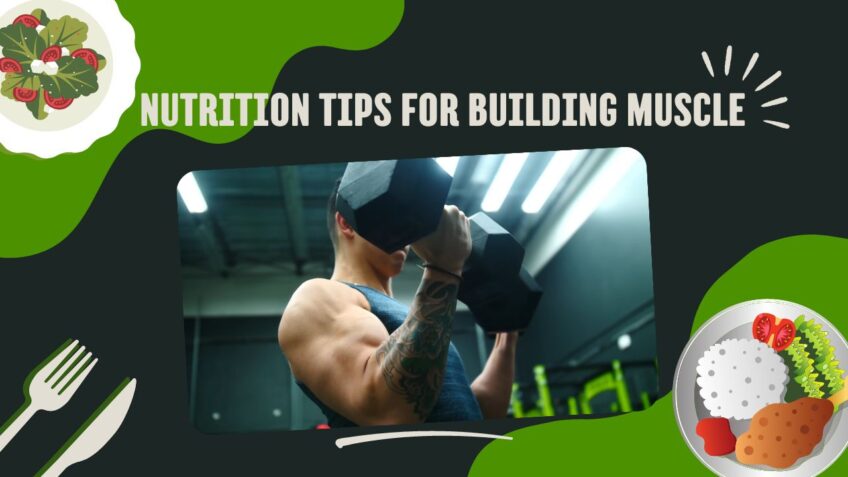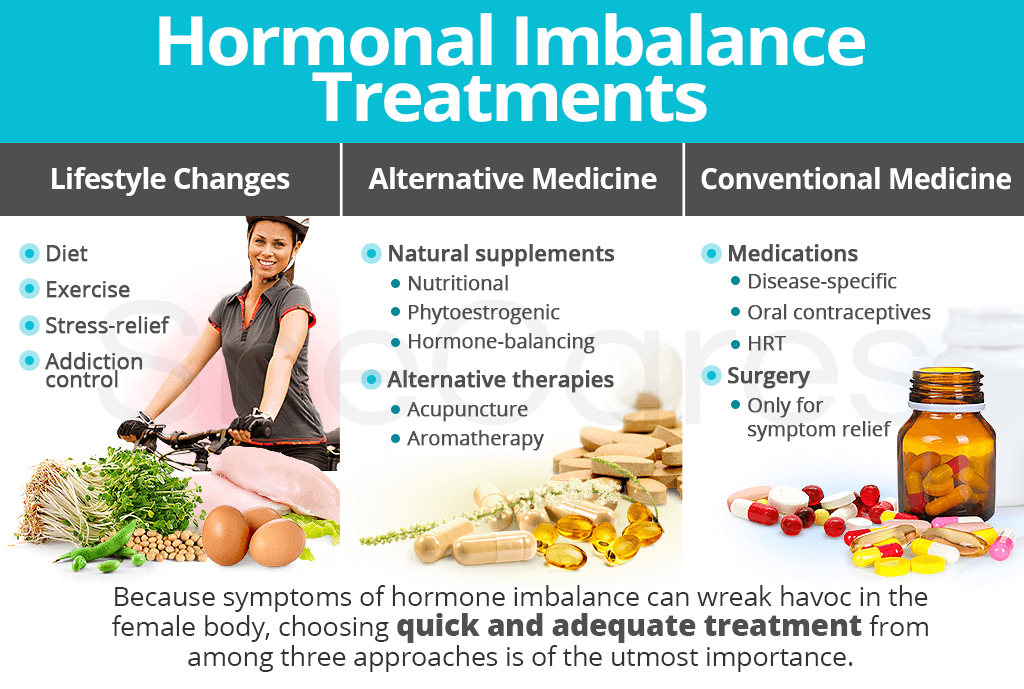
Building lean muscle requires more than just hitting the gym regularly; it necessitates a well-rounded approach that includes a strategic muscle-building diet. In this article, we will explore essential tips to optimize your nutrition for muscle growth.
The Foundation: Protein Intake
Protein is the cornerstone of any muscle-building diet. It provides the necessary amino acids crucial for muscle repair and growth. Aim for a protein-rich diet that includes lean meats, poultry, fish, eggs, and plant-based sources like beans and tofu. Adequate protein intake supports recovery after workouts and promotes the development of lean muscle mass.
Timing Matters: Pre and Post-Workout Nutrition
Strategic nutrient timing can significantly impact muscle growth. Consume a balanced meal or snack containing both protein and carbohydrates about 1-2 hours before your workout to provide energy. Post-workout, prioritize a protein-rich snack to kickstart muscle recovery. This could be a protein shake, Greek yogurt, or a chicken sandwich.
Don’t Skimp on Carbohydrates
While protein is vital, carbohydrates are equally important for fueling intense workouts. Carbs provide the energy needed to power through resistance training and replenish glycogen stores. Opt for complex carbohydrates like whole grains, sweet potatoes, and oats to sustain energy levels throughout the day.
Embrace Healthy Fats
Including healthy fats in your muscle-building diet is essential for hormone production, including testosterone, which plays a key role in muscle growth. Incorporate sources of healthy fats such as avocados, nuts, seeds, and olive oil into your meals. Remember, moderation is key, as fats are calorie-dense.
Stay Hydrated
Proper hydration is often overlooked but is critical for optimal performance and recovery. Water is involved in various metabolic processes, and dehydration can hinder muscle function. Aim to drink plenty of water throughout the day, especially during and after your workouts.
Monitor Your Calories
To build muscle, you need to be in a caloric surplus, meaning you consume more calories than you burn. However, it’s crucial to strike the right balance. Aim for a slight surplus to promote muscle growth without excessive fat gain. Track your calorie intake and make adjustments as needed.
Include a Variety of Nutrient-Dense Foods
Diversity in your diet ensures you get a broad range of essential nutrients. Include a variety of fruits, vegetables, whole grains, and lean proteins to provide the vitamins and minerals necessary for overall health and muscle function.
Supplements: A Complement, Not a Substitute
While supplements can be beneficial, they should not replace whole foods. Whey protein, creatine, and branched-chain amino acids (BCAAs) are popular supplements for muscle building. Consult with a healthcare professional or nutritionist before incorporating supplements into your regimen.
Adequate Rest and Recovery
Muscle growth occurs during periods of rest, not just in the gym. Ensure you get enough sleep to allow your body to recover and repair. Overtraining can hinder progress, so listen to your body and incorporate rest days into your workout routine.
Learn Your Body’s Response
Everyone’s body is different, so it’s essential to pay attention to how your body responds to different foods and training strategies. Keep track of your progress, make adjustments as needed, and consult with a fitness professional or nutritionist for personalized guidance.
In conclusion, a well-planned muscle-building diet is a key component of any effective fitness regimen. By incorporating these tips into your nutrition plan, you can optimize your efforts in the gym and promote steady, sustainable muscle growth. For a more comprehensive guide on building muscle and enhancing your overall health, check out Tips for a muscle-building diet.




